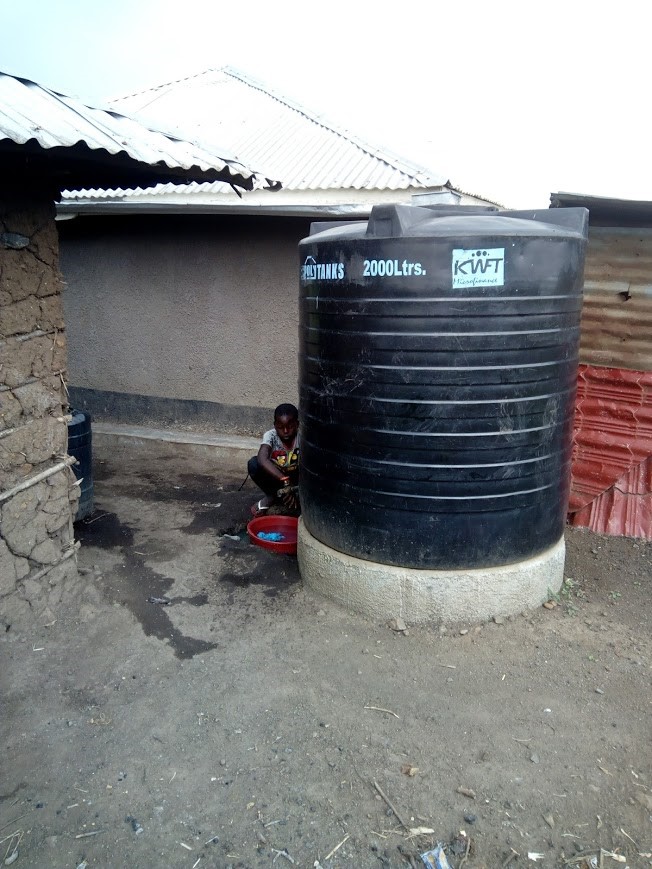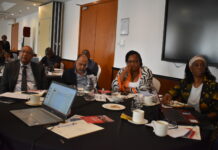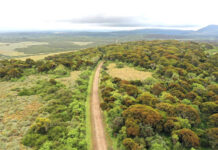By Mercy Odada
It is 5.30 pm in the evening, Jane Anyango, a class 5 pupil at Awasi Primary School is busy washing her uniform in preparation for school the next day. She uses water from a tank placed outside their house while her mother is preparing food for the family.
In the past years, darkness always found her at the queue waiting to fetch water from a water point which is about four kilometers from their home.
Awasi borders Kisumu County.Here, water is so scarce that women walk more than three kilometers to get to the nearest borehole, and when they get there hours later, they have to wait for long hours, thanks to the long snake of a queue they are likely to find.
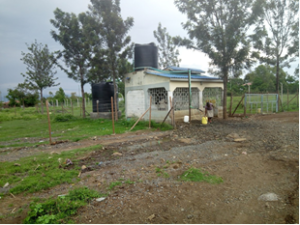 While children in the local primary and secondary schools have had their learning affected and interrupted as they trek to boreholes to find water to be used in schools and in their homes.
While children in the local primary and secondary schools have had their learning affected and interrupted as they trek to boreholes to find water to be used in schools and in their homes.
In the recent past, citizens of Awasi and the County Government of Kisumu have found different ways of dealing with the perennial water problem in the area.
For instance, Dorothy Anyango a mother of four notes that when she relocated with her family to Awasi after her husband lost his job in Kericho town, she found the water situation difficult to bear. She struggled with the issue of buying water. Yet on some occasions, she did not have money hence had to talk to water vendors to bring water on credit, which sometimes proved difficult and expensive
“It affected my children’s education since they had to help in fetching water after school as I prepared food and this took a lot of their time,” says Dorothy.
Dorothy soon realized a number of her neighbors were buying water tanks to harvest rainwater which helped in easing the water problem. They gathered resources and bought a water tank.
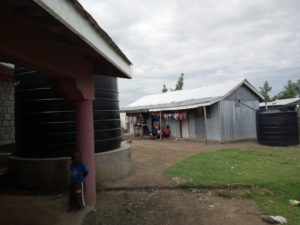 She has been able to practice farming in her kitchen farm with rainwater harvested in their ten thousand liter tank placed beside their house.
She has been able to practice farming in her kitchen farm with rainwater harvested in their ten thousand liter tank placed beside their house.
“I have planted various types of vegetable in this small farm hence I am able to feed my family. My children can now concentrate on their studies,” says Dorothy.
“Sometimes we were forced to report to school late, behind schedule, because we have to help our parents fetch water in the morning. Occasionally we arrived in school too exhausted to learn,” notes Jane Anyango, a pupil at Awasi Primary School.
Like Dorothy’s many families have chosen to invest water tanks which they use to harvest rainwater especially during rainy season. Some have built underground tanks where the rainwater is stored while others have bought tanks according to their buying abilities. This has helped ease out on the water problem.
Others like Peter Mbogo drilled a borehole and sells water to locals at 5Ksh for 20-liter jerry can. For the longest Odero’s borehole has provided water to the locals. He also uses the water to do agribusiness in his farm.
Meanwhile, the County Government of Kisumu procured water drilling equipment to sink boreholes in areas affected by water shortage across the County with Awasi region being one of them.
One borehole has being sunk inside Awasi Primary school. When completed, the borehole will serve hundreds of villagers and the two secondary schools which are located in the neighborhood.
The schools have been hard hit by water shortage in the region with students having to travel long distances in the quest for water for drinking and for personal use.
Locals around the area hope that the boreholes once completed will help ease the water problem they have been facing.

